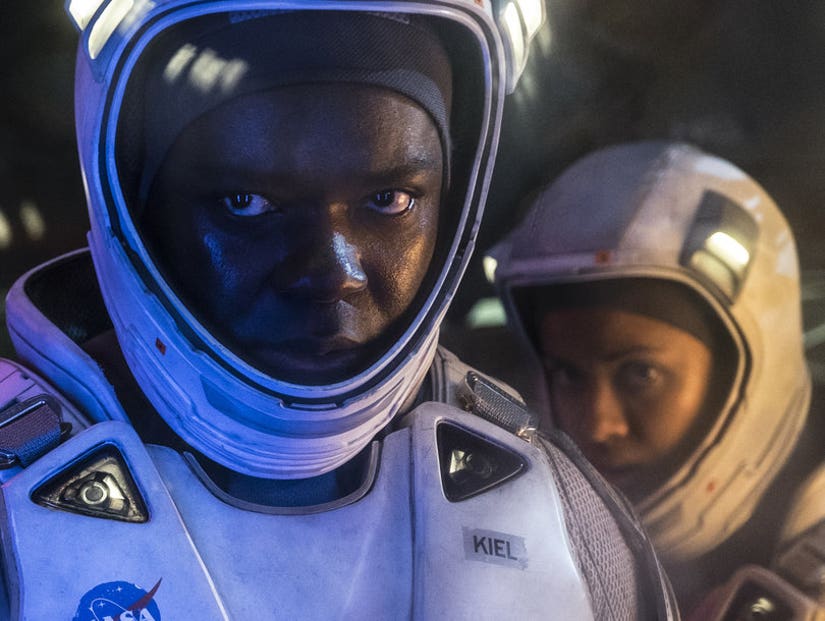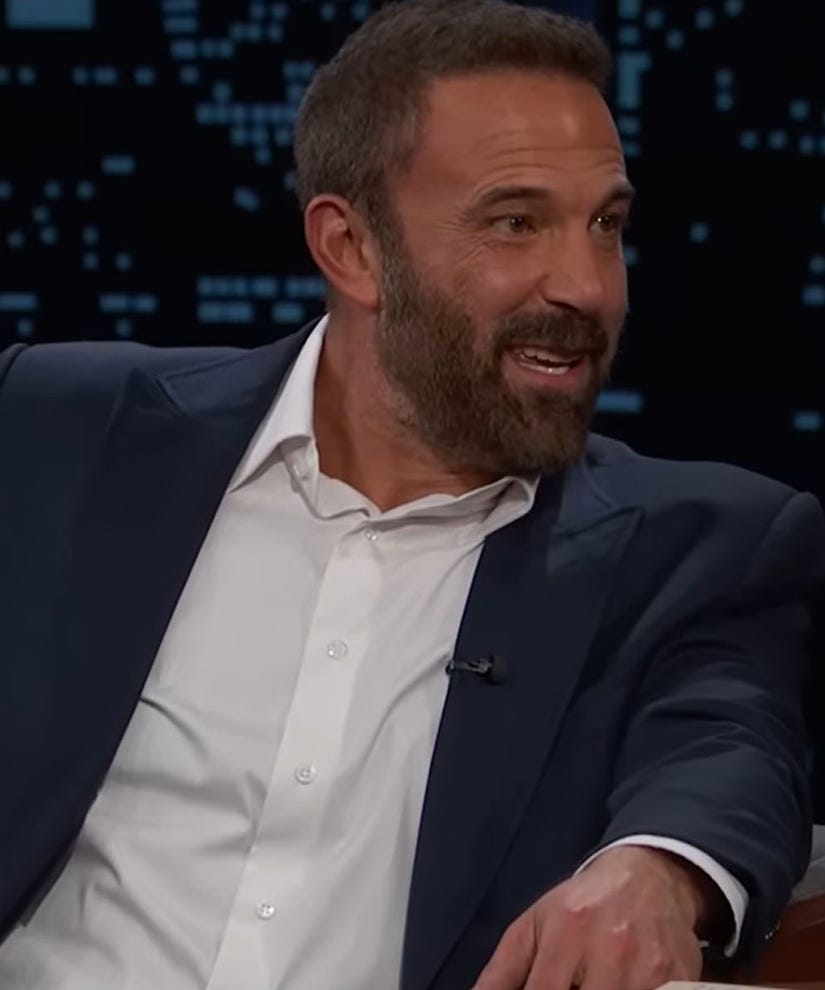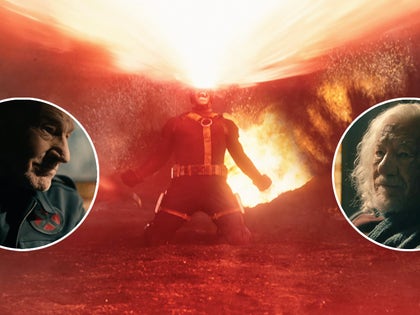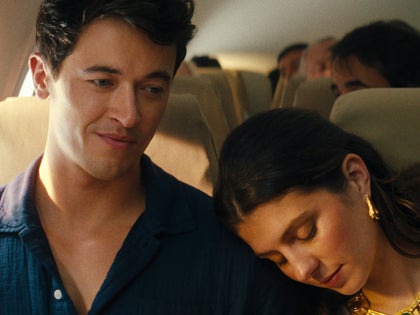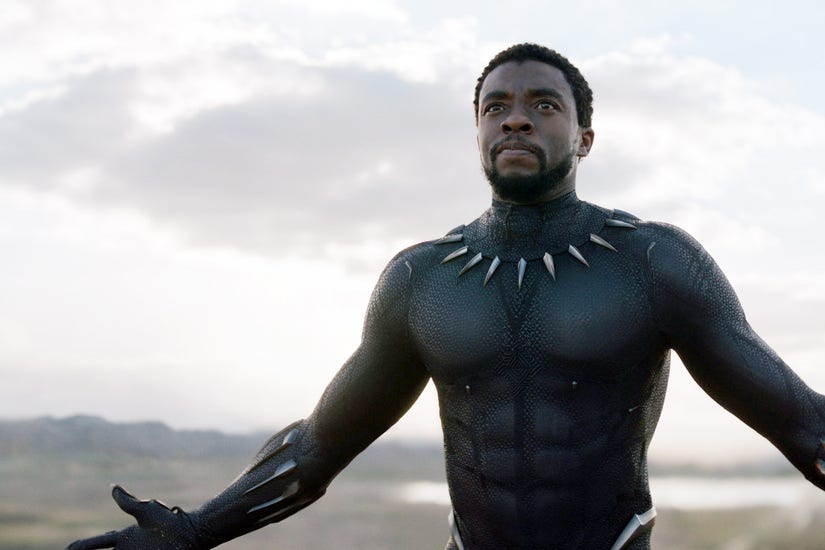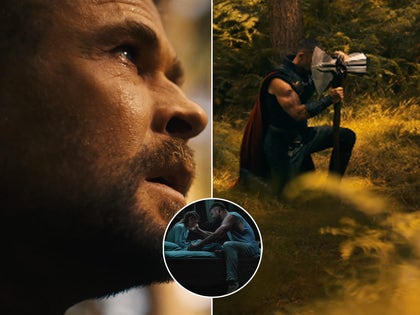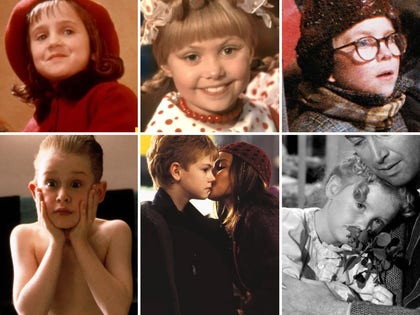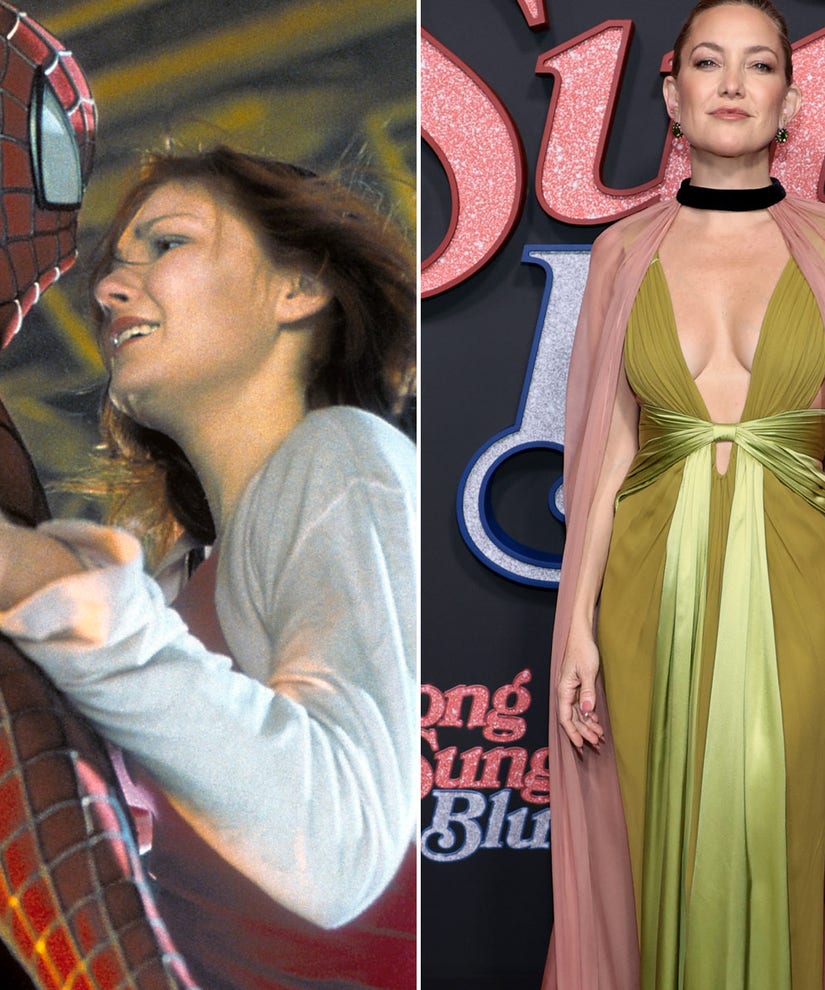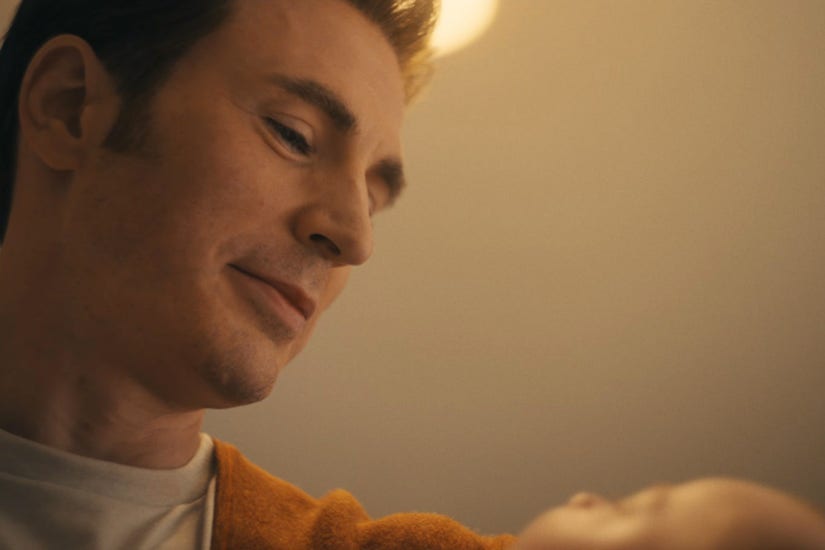J.J. Abrams and Netflix surprised Super Bowl LII fans when they dropped the trailer for the third film in the franchise, "The Cloverfield Paradox," and announced it would be available to stream immediately following the game. This meant critics, who thought the release was still a ways off, didn't have a chance to review the film before its big release. That may have been a good thing.
If you thought critics hated Will Smith's big-budget sci-fi romp "Bright" in late 2017, it's nothing compared to how much they're dumping on "The Cloverfield Paradox." The film currently has 16% support from critics on Rotten Tomatoes, compared to 27% for "Bright." Even the positive reviews for it are heavily qualified with comments like "It's not a completely bad movie" and describing it as "disjointed, but enjoyable."
 Universal Pictures
Universal Pictures
Watch Every Movie Trailer, TV Sneak Peek and Celebrity Commercial Released on Super Bowl Sunday
View StoryThe film originally had no connection to the "Cloverfield" universe, and some would argue it barely does now. A traditional space station horror setup, the film takes viewers into the near future where Earth is facing a global energy crisis. A particle accelerator has been developed that could solve this problem, but some fear it could also open the titular "Cloverfield Paradox," allowing monsters from other dimensions to destroy humanity. The movie then explores alternate dimensions, treads all over your favorite sci-fi stories, and ultimately reveals a tangential connection to the franchise.
"Netflix's Super Bowl Surprise is a game-changing way to watch a godawful movie," wrote IndieWire's David Ehrlich. "It's too soon to say if 'The Cloverfield Paradox' killed its franchise, but it's already clear that the 'Cloverfield' brand — until yesterday a magic word capable of stirring excitement out of nothing — is now tainted beyond recognition." He summed up the action of the film by saying, "The story spends 50 minutes establishing that matter is effectively re-writing itself, and then wastes the next 50 minutes watching the blandest astronauts of all time run around cheap sets and yell fake jargon at each other about fictional spaceship parts."
The Hollywood Reporter's John DeFore described it as "a trainwreck of a sci-fi flick bent on extending a franchise that should have died a peaceful death almost exactly one decade ago," predicting that a theatrical release would have flopped horribly.
"The previous 'Cloverfield' films have similarly thrown viewers into barely-explained realities, and their entertainment value has been defined by the limits of those worlds," he wrote. "In 'Paradox,' one is mostly struck by the need to push 'Alien' and a half-dozen similar films from our minds, in the hopes of giving a damn about the sub-par space-station action before us."
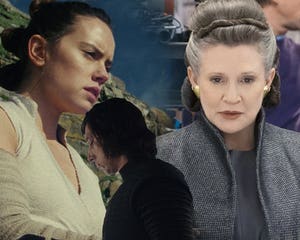 Lucasfilm
Lucasfilm
5 Lingering Questions After Watching 'Star Wars: The Last Jedi'
View Story"At some moments, it feels like 'The Cloverfield Paradox' can make the same case that 'Lost' did all the time. Sure, the plot doesn't make much sense, but it's really about the characters and their emotional journeys. Except this is a movie that can't even make its mind up about that," wrote Luke Y. Thompson on Forbes. "Once your plot literally establishes that anything can happen for no reason because alternate dimensions, there's no compelling need for script logic anymore... It's a bunch of stuff being thrown into the story to see what will stick."
IGN's Jonathon Dornbush thinks the film was trying to do too much, writing, "In an effort to provide some insight into the blood tying these films together, the film paradoxically both stumbles in offering clear answers or thrill as a standalone feature."
He goes on to add, "Much of the lack of surprise is due to 'Paradox's' story, which feels culled together from every space set-sci-fi film since 'Alien' and 'The Thing.' 'Paradox' never creatively twists or rises above its inspirations, though, so predictable beats are easy to guess for anyone familiar with the genre."
"The mystery surrounding the film since its inception is far more exciting than the movie itself, and the connection to the other 'Cloverfield' films is flimsy and leaves much to be desired," wrote Deadline's Dino-Ray Ramos, describing the film as "a movie that quickly turns into a remix of 'Lost in Space,' 'Interstellar,' 'Alien,' 'Prometheus,' 'Star Trek' (the new ones), 'Gravity,' 'Sunshine,' 'The Martian' and a host of other movies set in space that I'm probably missing."
 Getty
Getty
16 Times Twitter Freaked Out on Super Bowl Sunday
View StoryGQ's Tom Philip was especially harsh, calling it "a secret movie that should have stayed a secret." He goes on to write, "There are solid, fascinating ideas roaming around aimlessly in 'The Cloverfield Paradox.' In a better movie, it would have been nice to see them get off the ground. In this one, the bungled attempt at anything approaching a great sci-fi movie just makes you feel relieved it's as short as it is."
Empire's Alex Godfrey's wrote, "It's trope city, space thriller Top Trumps, with generic design, little class, and jump scares when you most expect them. Forget about any sort of grounded reality – the environment is about as convincing as The Muppets' Pigs In Space, with less charm.
"There is little depth, much unconvincing running, one-line stinkers you can smell coming, and some provocative moral quandaries that might have made for a better film if they weren't as glossed over," he continued. "The actors deserved better; the monsters deserved better."
"Much has been made over the years about Abrams' 'mystery box,' a storytelling model of pure tease," wrote The AV Club's Ignatiy Vishnevetsky. "In the case of The Cloverfield Paradox, it's just a fancy word for 'junk drawer.'"
"The Cloverfield Paradox" stars Gugu Mbatha-Raw, David Oyelowo, Daniel Brühl, Zhang Ziyi, and Chris O'Dowd. It was directed by Julius Onah and is available for streaming on Netflix now.

